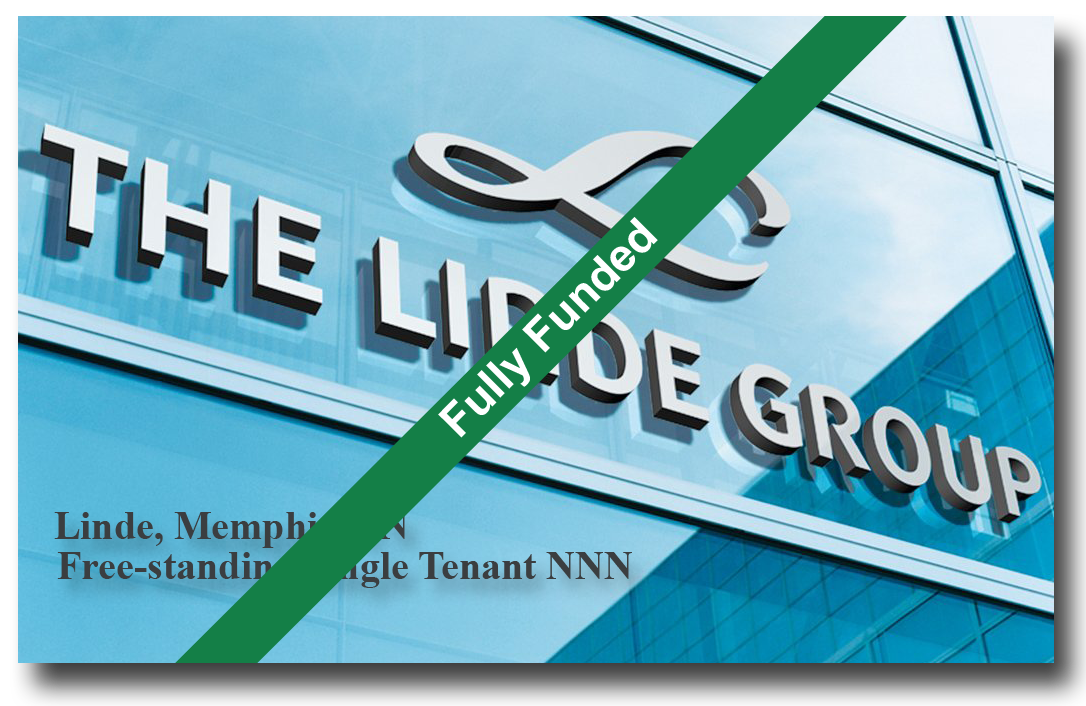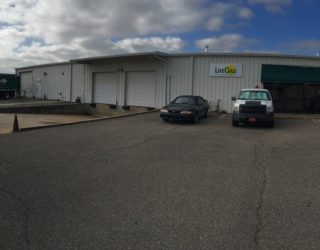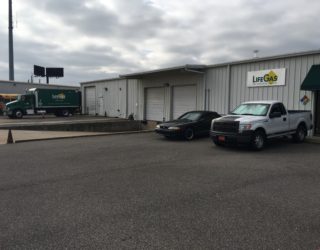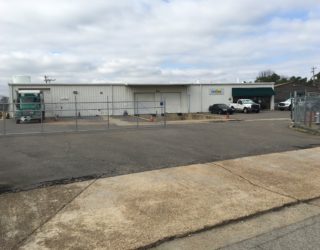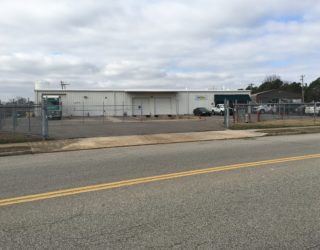Access to this property’s Investment, Financial, Management and Due Diligence information is private.
Please call (805) 496-8559 for the password to enter here.
Or please email us: Info@TripleNetZeroDebt.com.
Linde Gas, Memphis, TN
Free-standing Single Tenant NNN
FUNDING CLOSED
7.65% average first 5 years
(paid monthly-
does NOT include Sale proceeds)
Estimated
Property Description
| Address: | 1715 Cherokee Blvd. Memphis, TN |
|---|---|
| Year Built | 1987 |
| Current Occupancy: | 100% |
| Net Rentable Area: | 10,044 square feet |
| Parking: | Ample |
The Linde Group, the Brand
The Linde Group has several divisions, the largest of which is the Gases division. This division has three operating segments in the Americas. These divisions are further subdivided into eight regional business units (RBU). The Linde location in Memphis falls under the Healthcare RBU of Linde North America. The Linde Healthcare RBU offers medical gases with innovative technologies, services and care solutions. Their products support healthcare providers and patients in hospitals, long-term care centers, at home and on the road.
Location Information
Located at 1715 Cherokee Blvd. Memphis, TN
Memphis offers an unmatched list of advantages that businesses can employ to become leaders in global commerce. With its natural geographic advantage, its deep pool of skilled logistics workers, and its intermodal edge, Memphis is positioned to become truly “America’s Distribution Center.” Memphis has all the amenities that come with being the 19th-largest city in the U.S. but at a cost of living roughly 10% below the national metro average.
Home of the world headquarters and hub of shipping powerhouse FedEx, 400 plus trucking companies and major operations of UPS and USPS. Memphis is uniquely positioned to provide the most cost effective distribution and logistics services in the country, operating 24 hours a day 365 days per year. FedEx Corporation moved their headquarters from Little Rock to Memphis in 1973. Since then, FedEx has grown to a family of companies, providing supply chain and logistics solutions, in addition to overnight delivery, to companies worldwide. Today, FedEx operates with some 32,000 employees. Proximity to the FedEx World Hub, and some of the latest drop-off times for overnight delivery in the country, has drawn several top logistics and distribution operations to Memphis.
Memphis offers a diverse metropolitan workforce at wage rates that are lower than most other parts of the country. Over the past three decades, the region’s workforce has a higher percentage of logistics workers than any other metropolitan area in the country. Not only does Memphis draw from a three state labor pool, employment is relatively balanced among industries giving the Memphis workforce breadth in both skills and experience. Memphis employs 11.6% of its workforce in transportation, warehousing, and utilities, the highest share among the top 100 Largest Metro Areas in the United States.
The Memphis International Airport had dominated as the world’s busiest cargo airport for 18 consecutive years before being edged out by Hong Kong in 2012. The airport handled some 4.0 million metric tons in 2012 and the newly completed $61.5 million air traffic control facility is now the third largest control tower in the United States. Air is not the only mode of transportation for Memphis. A critical part of Memphis’ intermodal infrastructure is the ability to take cargo from planes and barges and quickly distribute these via truck. The nation’s 3rd-busiest trucking corridor (1-40 between Little Rock and Memphis) connects the Atlantic and Pacific Coasts and runs directly through Memphis, allowing Memphis to serve more metro markets overnight (that’s within 600 miles) than any other U.S. city . Additionally, Memphis is one of only four U.S. cities served by 5 or more of the U.S.’s 6 long-haul Class I rail systems. The Mississippi River continues to be a vital component of the U.S.’s transportation network and the river has remained a critical intermodal advantage of the Memphis area. With the 4th largest inland port in the nation and the 2nd-largest still water port on the Mississippi, it handles more than 16 million tons of cargo annually.
